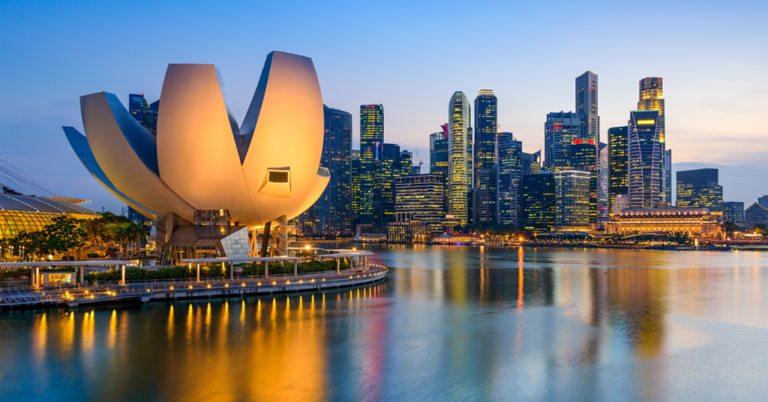GERMANY PEO & EOR
Hire in Germany without
a local entity today
As a Global PEO & EOR service provider, we pride ourselves on our global reach, in-country knowledge, and ability to swiftly and efficiently mobilize workers around the world. Our robust PEO/EOR covers everything from global HR, payroll, compliance, in-country support, immigration, visas, and more.
Get started and hire in Germany today with Gibson Watts Global.
DID YOU KNOW
- Germany is particularly famous for its Automotive market, creating leading brands such as Volkswagen, BMW, Porsche, Mercedes-Benz
- The German language is the most widely used language in the European Union, with Austria, Belgium and Luxembourg also using it as their official language
- Germany is a mixed economy, with strong public services including healthcare, insurance and education provided
Forget software,
this is expansion
with a human touch
Germany PEO Services
The market of international brands
Germany is the largest economy in the European Union and the fourth largest in the world after the USA, China, and Japan. The German economy is highly innovative and focuses on exports, with a number of well-known international brands including Volkswagen, Mercedes, BMW, Adidas, Siemens, and Deutsche Bank. The German economy also houses a large portion of specialised small-to-medium sized businesses, and oversees the fast growth of many innovative start-ups.
These accolades, coupled with Germany’s stable trading economy, offers a highly developed political and economic framework for companies looking to do business in Germany. Germany’s position in the European Union also opens a diverse broad European market for Germany businesses. International businesses can enter the German and European market with the use of a PEO or EOR model.
With capacity as a Germany PEO, Gibson Watts Global can provide a cost-effective, transparent and quick route for international businesses to hire staff in Germany, and start benefiting from this country’s unique economy.
Working in GERMANY
Minimum wage
Maternity/Paternity leave
New mothers in Germany are automatically given six weeks of compulsory full paid leave before the birth, and eight weeks afterwards.
From 2024, fathers in Germany will automatically receive paid Vaterschaftsurlaub (paternity leave) for two weeks following the birth of their child. Previously, there was no guaranteed time off apart from the day of birth.
Public holidays
German holidays fall a little short compared to its neighbours in other European countries, with around 9 public holidays on average. But what Germany lacks in public holidays, they make up for in annual leave, with a generous 30 days given to employees
- New Year’s
- Good Friday
- Easter Monday
- Ascension Day
- Whit Monday/Pentecost Monday
- 1st May
- Day of German Unity
- Christmas Day
- Boxing Day
Visas
Anyone who wishes to seek employment in Germany is required to obtain a residence permit in the form of a visa. It’s important to note that the German work visa is officially called a residence permit for the purpose of employment, but the terms work visa, work permit, and residence permit are used interchangeably.
A D visa allows non-EU nationals to enter Germany and then apply for a work visa.
A Job-Seeker Visa is also an option if you want to go to Germany and find a job. This visa is valid for six months, during which time you have to look for and find work.
Taxes
If you earn less than 10,908 EUR per year, you don’t pay income tax. The median income tax rate is around 18% and the maximum income tax rate is 45%.
Culture in Germany
Germany is a country with a rich and diverse culture that has been shaped by its history, geography and the many different ethnic groups that have lived there over the centuries. The culture of Germany is often associated with its famous contributions to art, literature, philosophy and music.
In addition to its rich cultural heritage, Germany is also a country that is open to new ideas and cultural influences, making it a melting pot of cultures and a great place to experience a wide range of different customs and traditions.
Germany is also famous for its festivals and cultural events, such as Oktoberfest, which is the largest beer festival in the world, and the famous Christmas markets that many travel from afar to visit.
Languages
Naturally, the official language of Germany is German, with over 95% of the population speaking German as their first language. Some minority languages include Sorbian and North Frisian. Citizens of Germany have often been named some of the best non-native English speakers in the world.
Religion
Germany is an intercultural and multi-religious country. The main religion in Germany is Christianity, with around two-thirds of the population identifying as Christian, but the number of practicing Christians is significantly lower.



